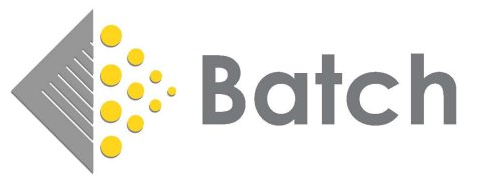 "It was built to help booksellers and the book trade to create efficiencies, and this is what it does," said Fraser Tanner, managing director of Batch. Owned by the Booksellers Association of the U.K. and Ireland, Batch is a free electronic payment and invoice system for booksellers that was created in 2000. It allows bookstores to view publisher invoices and schedule payments, and manage credits and returns, all in one place.
"It was built to help booksellers and the book trade to create efficiencies, and this is what it does," said Fraser Tanner, managing director of Batch. Owned by the Booksellers Association of the U.K. and Ireland, Batch is a free electronic payment and invoice system for booksellers that was created in 2000. It allows bookstores to view publisher invoices and schedule payments, and manage credits and returns, all in one place.
Batch now operates in 65 countries around the world, in markets as different and diverse as the European Union, Japan and Brazil, and while conversations about bringing Batch to the U.S. have been going on for years, both Tanner and American Booksellers Association CEO Oren Teicher are optimistic that U.S. booksellers would finally have access to the system in the not-too-distant future.
A pilot version of Batch has been in testing with a group of ABA-member stores and U.S. publishers for several months. Although no money can actually change hands during this test, the aim is to give all parties involved a chance to see how the system works and what exactly it would take to adapt Batch to the U.S. way of doing things.
"I believe there is a viable American version of Batch," said Teicher. He could not give any specifics about when an U.S. version might finally be rolled out, but he did say that given the feedback from both booksellers and publishers, he remained optimistic that "we're going to be able to pull this off." The hope, he continued, is to be able to put something together "that will save booksellers money and publishers money" and "make the book trade a whole lot more efficient."
Robert Sindelar, president of the ABA and managing partner of Third Place Books in Seattle, Wash., has been in the testing program since 2017. Though he has not had the chance to use it actually to pay bills, he said the system's potential to save time is readily apparent.
He described the interface as "incredibly simple" and liked the possibility of being able to pay all major accounts without "shifting gears" between different publishers' ways of doing things. There would be no more remembering that for one publisher you have to go to their website, for another you can pay only by check, and for a third you can pay electronically. He added that being able to see everything clearly in one place, presented in a standardized format, made it easy "to imagine the amount of time you would save."
Another benefit would be the ability for staff members to communicate with each other through Batch. Sindelar explained that the system allows for "anybody touching the order on our end" to communicate "very seamlessly with the person who's going to pay the bill." As an example, Sindelar mentioned that booksellers can log information like credits for damaged books being approved and have it all readily available.
Prior to buying The Bookshop in Bridport, England, in 2015, Antonia Squire spent 10 years as a bookseller in the U.S., working at Kepler's Books in Menlo Park and The Reading Bug in San Carlos, Calif. While Squire was not responsible for accounts payable at either store, she did watch it being done and remembers how much time it would take. What is necessary in the U.S. and Batch, she said, "simply don't compare. [Batch] is so much simpler for both publishers and booksellers."
When asked what it was like paying bills and receiving through Batch, Squire replied that the quick answer was "easy." With Batch, she continued, the store has "complete control over what gets paid and when, basically all you have to do is authorize the invoices and Batch takes care of the rest." She doesn't need to spend time writing checks and putting them in the mail or making sure that credits are applied to the appropriate invoices. Noted Squire: "It's all automatic."
"When you convert to Batch you will have so much more time to sell books," Squire continued. She added that in her opinion Batch was "as great a game-changer for booksellers as Edelweiss was in terms of meaningful efficiencies."
Tanner reported that feedback from U.S. booksellers who have had a chance to see a demo of Batch has been "hugely enthusiastic," and "the word 'awesome' has been used." Like Teicher, Tanner could not give an estimate of when Batch would finally be rolled out in this country, but he was equally optimistic "that this is going go through."
The final hurdle, he explained, is getting the commitment of publishers and wholesalers, who pay for the service. But Tanner noted that as publishers have found in the U.K. and elsewhere, "there are tremendous benefits for everyone to deal electronically. Batch really does save everyone time and money." --Alex Mutter
 "When I opened an independent bookshop in Kilcullen, Co. Kildare on September 28th, 2016, a lot of people told me that I was foolish. Some were blunt, coming into the bookshop to tell me in person that people didn't buy books and that Kindles were the future. Some were more diplomatic, waiting until it was obvious that the bookshop was flourishing to tell me about their initial fears. My favorite was the man who came in and told me that he and his friend had made a €5 bet that the shop wouldn't be open in six months. Thankfully, he had put his money on us being open and he told me that having seen the shop, he was going to raise the stakes to €10. He also bought a book so on balance, it was a welcome visit."
"When I opened an independent bookshop in Kilcullen, Co. Kildare on September 28th, 2016, a lot of people told me that I was foolish. Some were blunt, coming into the bookshop to tell me in person that people didn't buy books and that Kindles were the future. Some were more diplomatic, waiting until it was obvious that the bookshop was flourishing to tell me about their initial fears. My favorite was the man who came in and told me that he and his friend had made a €5 bet that the shop wouldn't be open in six months. Thankfully, he had put his money on us being open and he told me that having seen the shop, he was going to raise the stakes to €10. He also bought a book so on balance, it was a welcome visit."








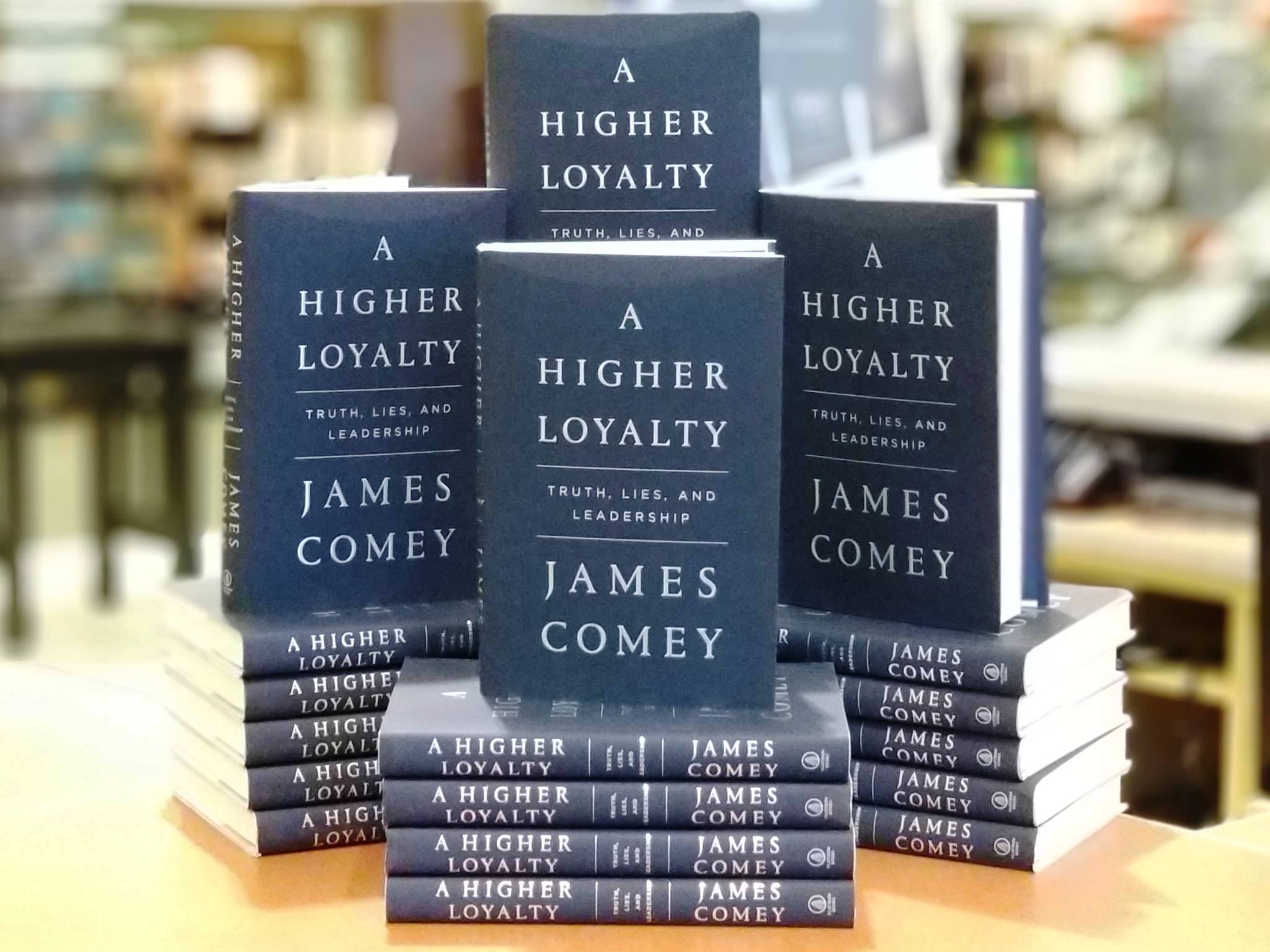 James Comey's A Higher Loyalty: Truth, Lies, and Leadership sold more than 600,000 copies in its first week, becoming the #1 bestseller in all formats and accounts, as well as the bestselling English-language book in the world, according to Flatiron Books president Bob Miller and publisher Amy Einhorn, who also noted that the book has already gone to press several times. There are now more than a million copies of the book in print. The impressive sales numbers run counter to some early negative press from right-wing sources that had contended the book was not performing up to expectations.
James Comey's A Higher Loyalty: Truth, Lies, and Leadership sold more than 600,000 copies in its first week, becoming the #1 bestseller in all formats and accounts, as well as the bestselling English-language book in the world, according to Flatiron Books president Bob Miller and publisher Amy Einhorn, who also noted that the book has already gone to press several times. There are now more than a million copies of the book in print. The impressive sales numbers run counter to some early negative press from right-wing sources that had contended the book was not performing up to expectations.
 "It was built to help booksellers and the book trade to create efficiencies, and this is what it does," said Fraser Tanner, managing director of
"It was built to help booksellers and the book trade to create efficiencies, and this is what it does," said Fraser Tanner, managing director of 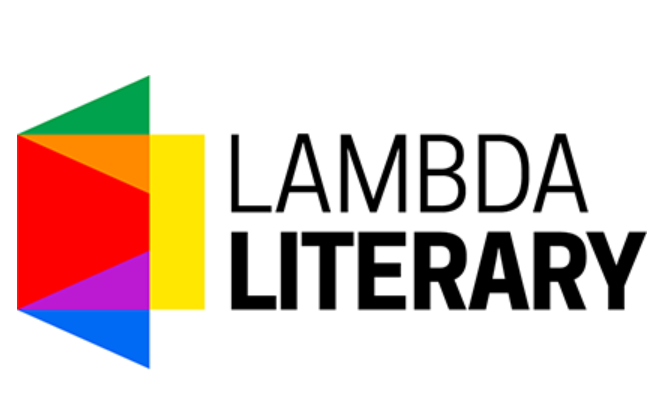 Lambda Literary has announced that Edmund White will receive this year's Visionary Award, and Roxane Gay the Trustee Award during the
Lambda Literary has announced that Edmund White will receive this year's Visionary Award, and Roxane Gay the Trustee Award during the 
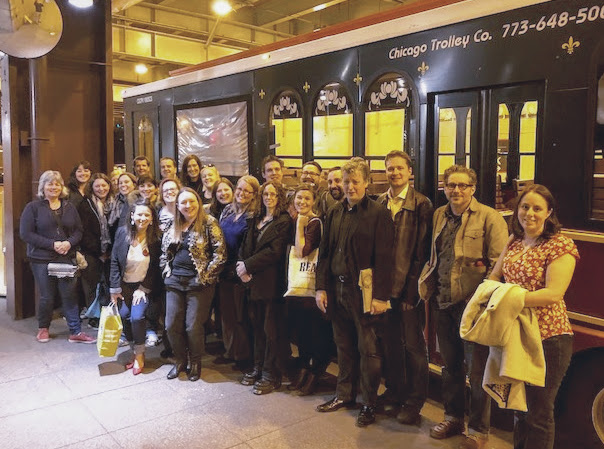 As part of the IPG Publisher Summit last weekend in Chicago, attendees visited area bookstores: the trolley took publishers to
As part of the IPG Publisher Summit last weekend in Chicago, attendees visited area bookstores: the trolley took publishers to 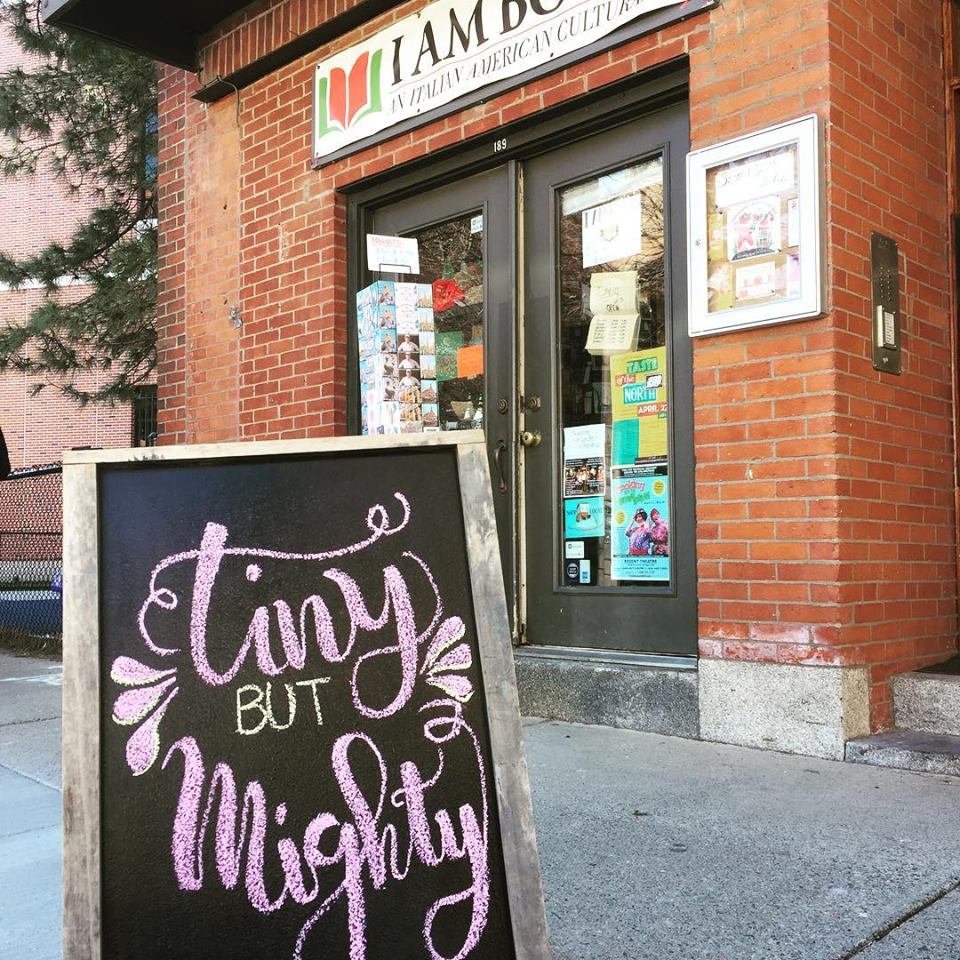 I Am Books
I Am Books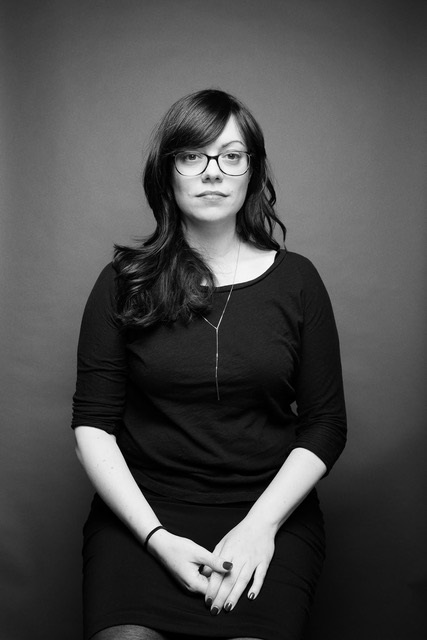
 Book you're an evangelist for:
Book you're an evangelist for: Allora is a town where "fish jump out of the sea and straight into your mouth." A town where "you never get cold because even in winter the sun keeps the snow away." And, best of all, Allora is a town "so far away from everything else," he will never find them again.
Allora is a town where "fish jump out of the sea and straight into your mouth." A town where "you never get cold because even in winter the sun keeps the snow away." And, best of all, Allora is a town "so far away from everything else," he will never find them again.